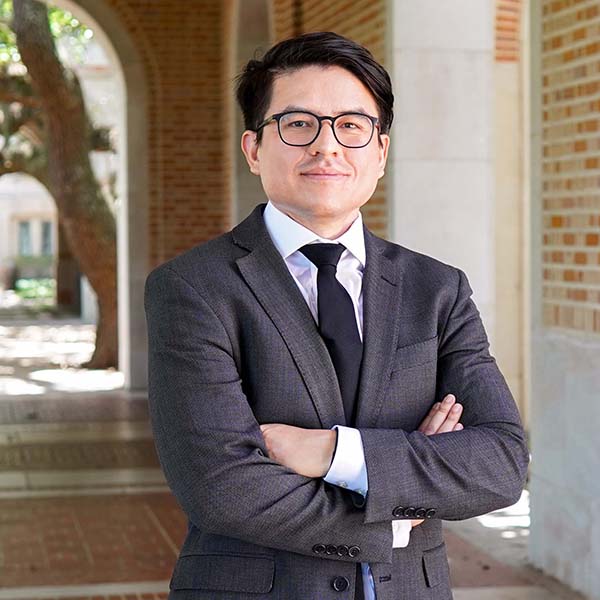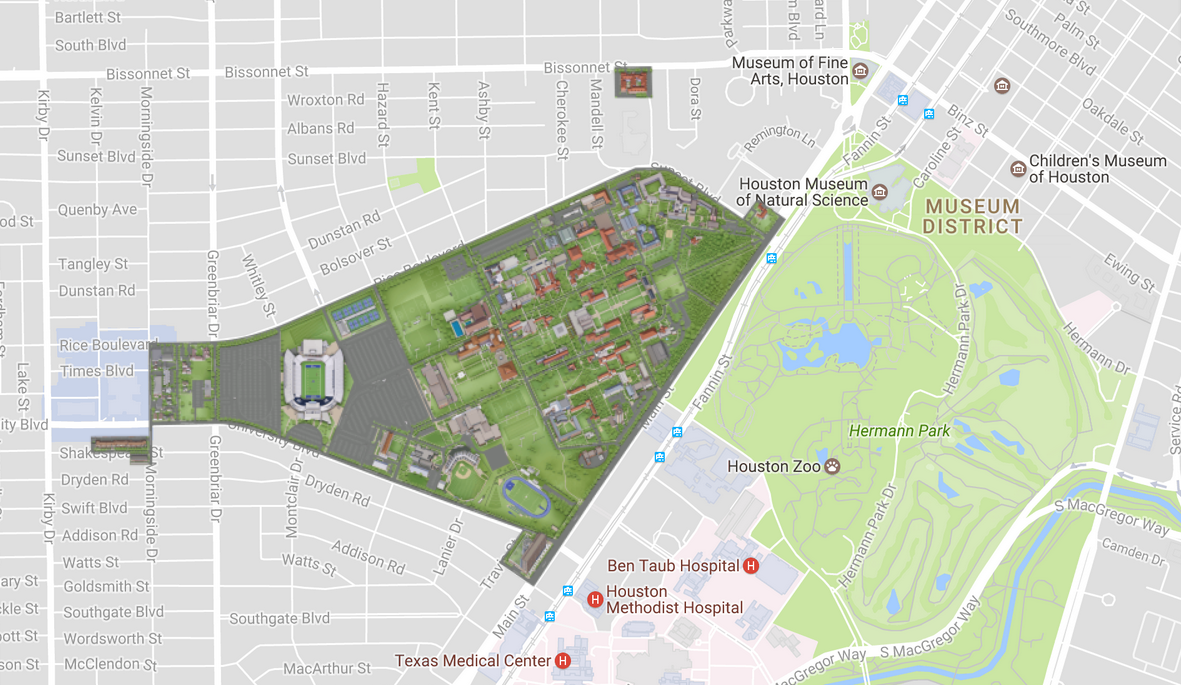The Ken Kennedy Institute's December Member of the Month: César Uribe, Louis Owen Assistant Professor, Electrical and Computer Engineering. César Uribe joined the Department of Electrical and Computer Engineering at Rice in January 2021 after being a Postdoctoral Associate in the Laboratory for Information and Decision Systems-LIDS at the Massachusetts Institute of Technology-MIT until 2020. He also holds a visiting professor position at the Moscow Institute of Physics and Technology. César's research interests include distributed learning and optimization, decentralized control, algorithm analysis, and computational optimal transport.
How do you explain your research in one sentence?
I study the mathematics of distributed decision making.
How does your work impact the community at large?
As the complexity of modern engineering systems increases, optimal operations, and efficient performance
becomes a harder problem. Currently, pretty much all modern infrastructure is not a monolithic system, but
rather a complex one composed by a multitude of smaller components that interact with each other,
imagine the transportation network of Houston, a social network, or the internet. I take a principled
approach, by developing mathematical abstraction of these systems to uncover their fundamental
properties, behaviors, and the prescription of described performances.
What kind of collaborations are you looking for at Rice and within the community?
Many of my work is described as the “LIDS spirit” or “the mathematics of everything”. So, the range of
collaborations is quite wide. Interestingly, mathematics is such a powerful tool that very similar, or almost
identical models can describe quite dissimilar systems, like virus spreads on networks, and autonomous
vehicle platooning. I’m always looking for collaborators in two fronts, one of developing mathematical tools,
using network, control, optimization theory, and second on impactful applications such as medical signal
processing, ecological system dynamics, wireless communication systems, machine learning methods, and
robotics.
How do you see computation and data advancing in the future?
A lot of the “novel” machine learning and artificial intelligence we see now is based on decades old
mathematical theories, for example cybernetics, adaptive control, and mathematical programming.
However, I would argue that the great revolution we are seeing today could be attributed to two main new
paradigms, namely, the availability of data, driven by new, small, cost efficient, fast, and precises sensors,
and orders of magnitude improvement in computational power. From the statistical learning theory
approach, larger amounts of data allow solutions that are closer to the optimal population behaviors, and
faster computation allows for obtaining such better solutions faster.
How do you see the Ken Kennedy Institute supporting you and/or your research?
The Ken Kennedy Institute is the storm. Let me explain this. It is very hard to predict scientific revolutions. Imagine a cloudy sky, one might have a hard time guessing when the next lightning is going to strike, sometimes we only hear the thunder, or see the flash. Also, while not impossible, inducing lightning is hard. However, we can add more clouds. This is what the Ken Kennedy Institute does: add clouds via events, people, meetings, conferences, etc., so that lightning strikes are more likely to happen.
What is your favorite book?
One Hundred Years of Solitude by Gabriel Garcia Marquez.
Do you have any words of inspiration would you like to share?
“eppur si muove” – Galileo. These words are attributed to Galileo when he was forced to declare the earth
was not actually moving around the sun. “eppur si muove” roughly translates to “Yet it moves”. This
sentence has been close to my heart for many years now. I see it that even in the hardest time “eppur si
muove”. Funny enough this also works to make sense of seemly unbelievable systems, like social systems,
where everything seem to be in chaos “eppur si muove”.



